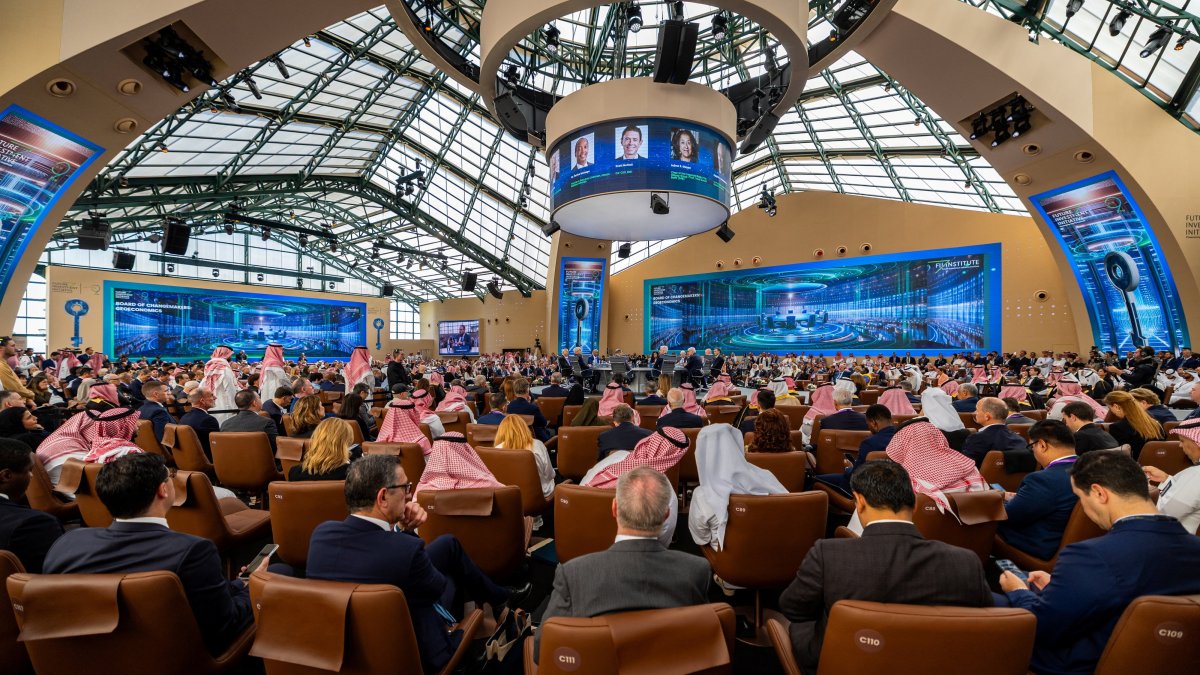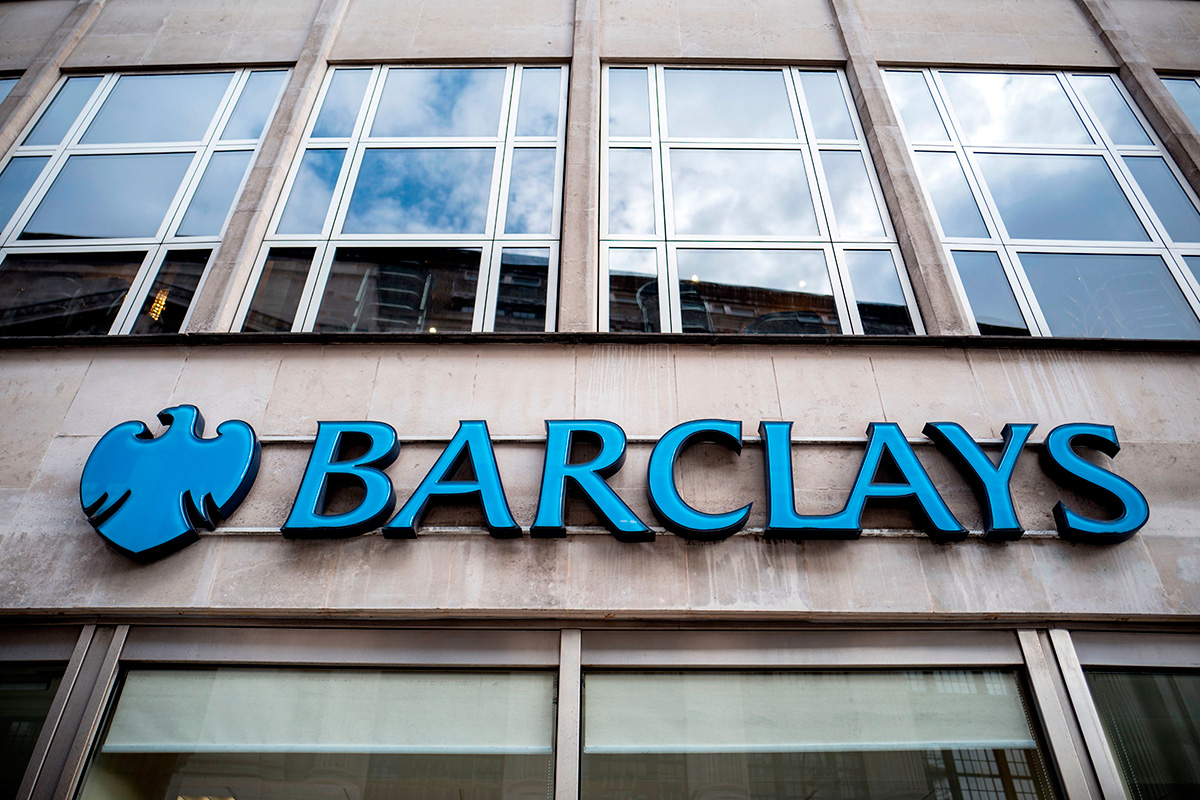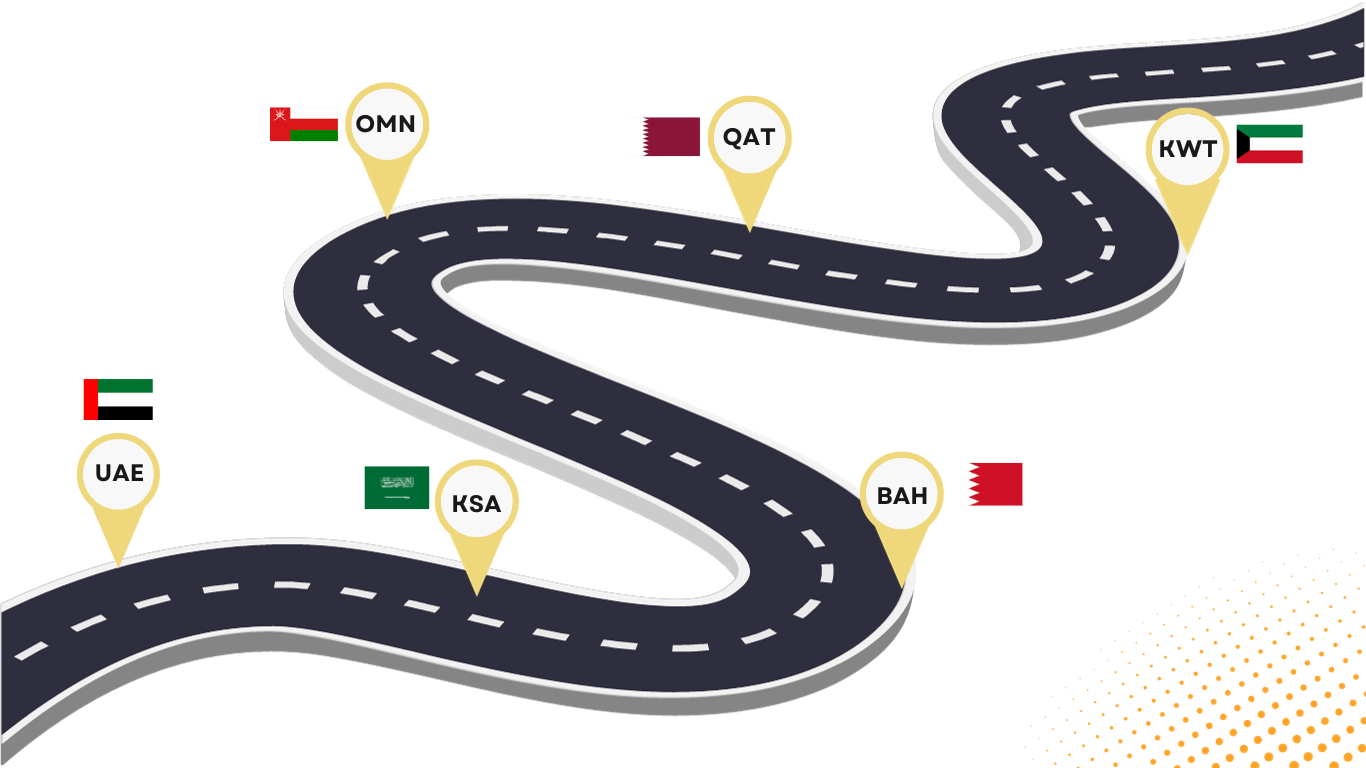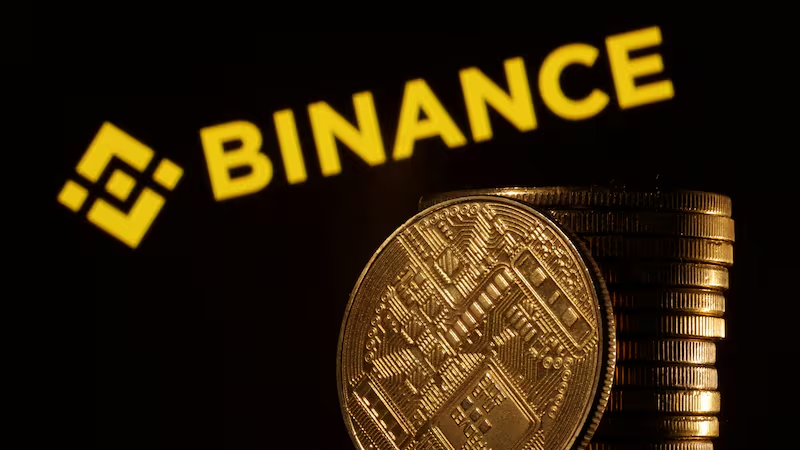Saudi Arabia opened on Tuesday its flagship investment conference featuring heads of state and the global business elite as it seeks to drum up support for its sprawling “gigaprojects” and sky-high AI ambitions.
Chinese Vice President Han Zheng, joined by several ministers and more than 150 business leaders, and Syria’s interim President Ahmed al-Sharaa are among the guests at the Future Investment Initiative (FII) in Riyadh.
Donald Trump Jr. and the heads of U.S. investment giants Goldman Sachs, JPMorgan and BlackRock are also gathering at the capital’s opulent King Abdulaziz International Conference Center, the former royal palace.
FII, dubbed “Davos in the desert,” will once again try to lure investment dollars to Saudi Arabia as the world’s biggest oil exporter attempts to diversify its economy.
Yasir Al-Rumayyan, head of the Public Investment Fund (PIF), Saudi Arabia’s influential sovereign wealth fund, said foreign investment grew 24% to $31.7 billion last year.
“We have taken Saudi Arabia to the world and now the world is coming to Saudi Arabia,” he said in the opening keynote address.
The ninth edition of FII, featuring some 20 heads of state, is being held against the backdrop of a cease-fire in Gaza and strong economic growth in the Gulf.
But questions are swirling over Saudi Arabia’s gigaprojects – the major developments meant to herald its economic transformation – including NEOM, a futuristic new city priced at $500 billion.
Delays, personnel changes and major design rethinks have reportedly affected NEOM, at a time when declining oil revenues are swelling the Saudi budget deficit.
“FII is an important annual opportunity to drum up foreign investments to help finance the expensive and at times challenging economic transformation agenda,” said Robert Mogielnicki, a senior resident scholar at the Arab Gulf States Institute in Washington.
“There is clearly a recalibration of spending priorities going on. So investors will be looking for where the money is headed going forward,” he added.
AI player
Karen Young, a specialist in Gulf economic policy at the Middle East Institute, said “pullbacks from some of the megaprojects” would not necessarily deter foreign investment.
“On the contrary, they show fiscal discipline,” she said, adding that opportunities in tourism, entertainment, real estate and oil infrastructure “all point to strong interest in the domestic economy.”
Saudi Arabia will also be keen to show it is a genuine player in technology, especially artificial intelligence where the wealthy Gulf powers are vying for prominence.
Deals are expected involving Humain, the AI company owned by PIF, and several international companies, FII organisers say.
“Some of Saudi Arabia’s new tech companies are rather nascent entities, so they’ll be looking to assure audiences that the kingdom’s tech ambitions are very real, feasible and exciting,” said Mogielnicki.
The conference also comes weeks ahead of Crown Prince Mohammed bin Salman’s expected trip to the U.S., his first since March 2018.
In Washington, the de facto ruler is set to meet U.S. President Donald Trump, whose visit to Riyadh in May was marked by Saudi investment pledges worth $600 billion.
“There is a heavy presence of U.S. businesspeople, reflecting the importance of the U.S.-Saudi business corridor,” said Mogielnicki.




